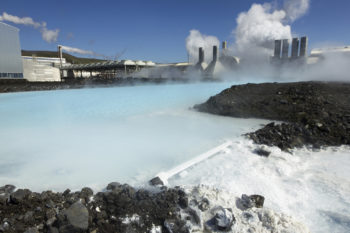Grantham Seminar | The Nordic low-carbon energy transition: insights for the United Kingdom

Prof. Dr. Benjamin K. Sovacool is Professor of Energy Policy at the Science Policy Research Unit (SPRU) at the School of Business, Management, and Economics, part of the University of Sussex in the United Kingdom. There he serves as Director of the Sussex Energy Group and Director of the Centre on Innovation and Energy Demand which involves the University of Oxford and the University of Manchester. He is also Director of the Centre for Energy Technologies and Professor of Business and Social Sciences in the Department of Business Development and Technology at Aarhus University in Denmark. Professor Sovacool is the author of more than 300 refereed articles, book chapters, and reports, and the author, coauthor, editor, or coeditor of 18 books on energy and climate change topics, including those with MIT Press, Oxford University Press, Cambridge University Press, Johns Hopkins University Press, and the Nature Publishing Group/Palgrave. He has received or managed large competitive grants from the U.S. Department of Energy, U.S. National Science Foundation, MacArthur Foundation, Rockefeller Foundation, NordForsk, Energy Technology Development and Demonstration Program of Denmark, and the Danish Council for Independent Research.

